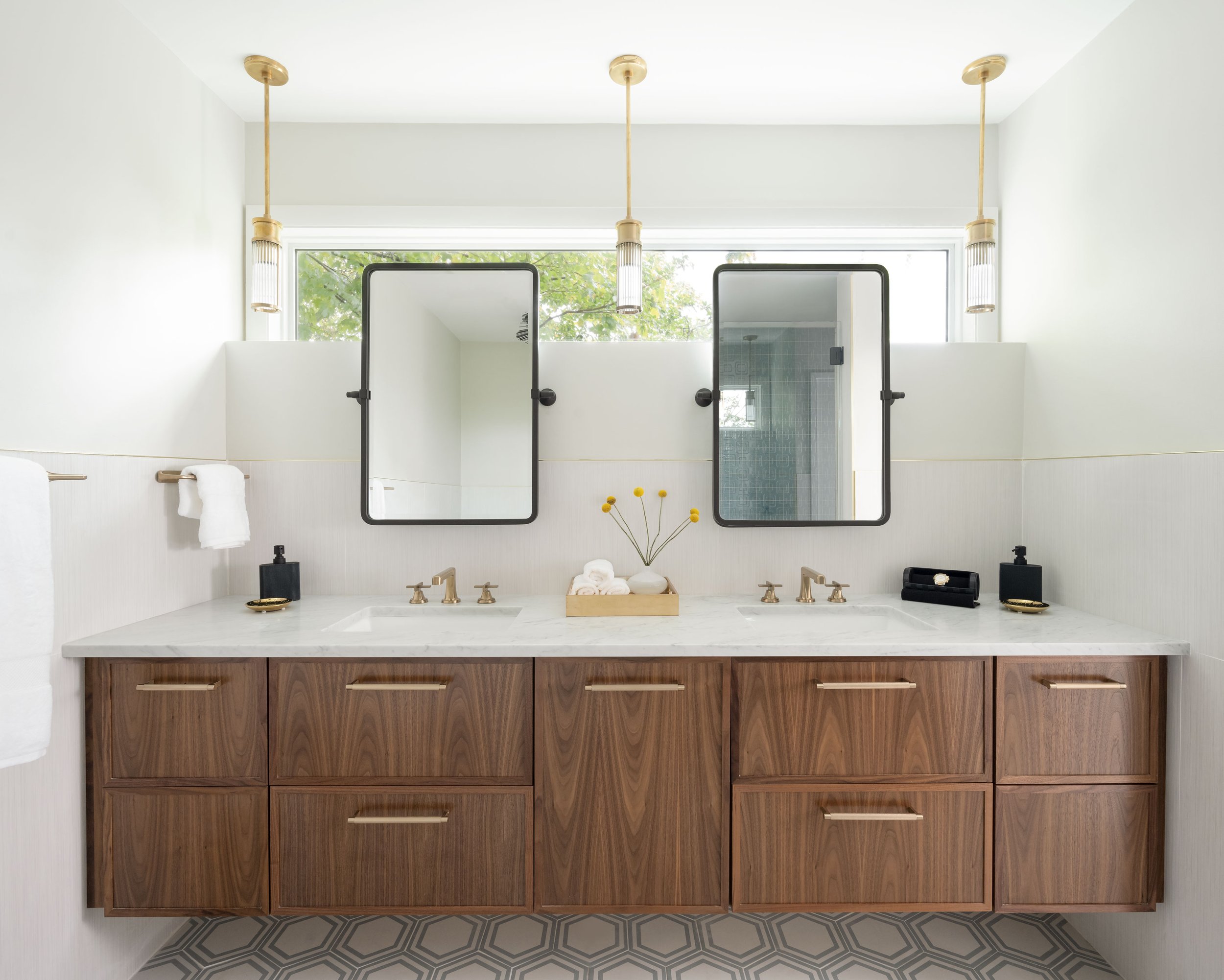Home Renovations: A Quick Guide on What to Expect
Image via Pexels
Home renovations happen every day. However, if you are getting ready to start on your first major home remodeling project, there are a few things you should know and a couple of steps that you can take to streamline the process and make it easier on everyone concerned.
Today, Boston Interior Designer Joshua Alan shares a post that covers this important topic.
You Should Expect to Go Over Budget
Let’s get the most unpleasant issue out of the way first. There is a good chance that you’ll go over budget. In fact, according to House Method, around half of all renovations wind up costing more than originally expected. If you have very little wiggle room in your finances, make sure that your contractor is fully aware of any concerns and that you touch base along the way. Keep in mind that your contractor may not have full control over factors that can affect your overall expenses. For example, if they find issues inside of a wall or under a floor that were not apparent from the beginning.
It’s Best to Do Your Most Important (Such as a Home Office) Renovations First
While it might be tempting to tackle major renovations, like adding new windows or remodeling the basement, it’s almost always best to get the functional remodeling projects out of the way first. For many of us, this should be squaring away your home office. While you can do many things here, such as painting, buying ergonomic furniture, and adding personal touches, call an electrician for lighting, which should be one of your top priorities. Lumens recommends track lights, focus lights, and even a high-quality ceiling fan as ways to brighten your office while enhancing its aesthetic appeal.
An Interior Designer and Interior Decorator or Not (Necessarily) the Same Thing
When you want a functional space that’s designed with safety in mind, and you want your anesthetic planner to work with your architect and/or contractors, find an interior designer. If you simply want someone to make it look good, an interior decorator, which can handle painting, swapping out your furniture, and changing out design elements, is the right person. If you’re still confused about the difference, this info may help.
You May Be Responsible For Pulling Your Own Permits
Most of the time, your home renovation contractor will pull permits before completing work that requires an inspection. However, not all contractors include that in their initial estimate. They may expect you to pull the permits. Without it, you may wind up having to pay a fine, or worse, you’ll have to tear out walls, floors, electrical, plumbing, or other elements of your project that don’t meet current codes.
There May Be Delays
There are many reasons that either an interior or exterior home project may be delayed. According to CRD Design Build, these can include poor scheduling, weather delays, material lead times, and DIY renovation errors performed by you or a previous homeowner. You can also slow down the process by not making important decisions early on.
Whether you’re adding a guest bedroom or closing up an open floor plan, your home renovation process should not be a headache. While you already know that you can expect workers to come in and out of your home, the above information can also help you prepare for the unexpected. Remember, prioritize the important areas, such as a home office, before the “wanted” renovations, know the difference between an interior designer and a home decorator, and be prepared to go over budget and beyond your timeline.
Realize the potential of your Boston-area home with interior designer Joshua Alan Carpluk. Contact him today!
Written by: Bruce Fletcher


